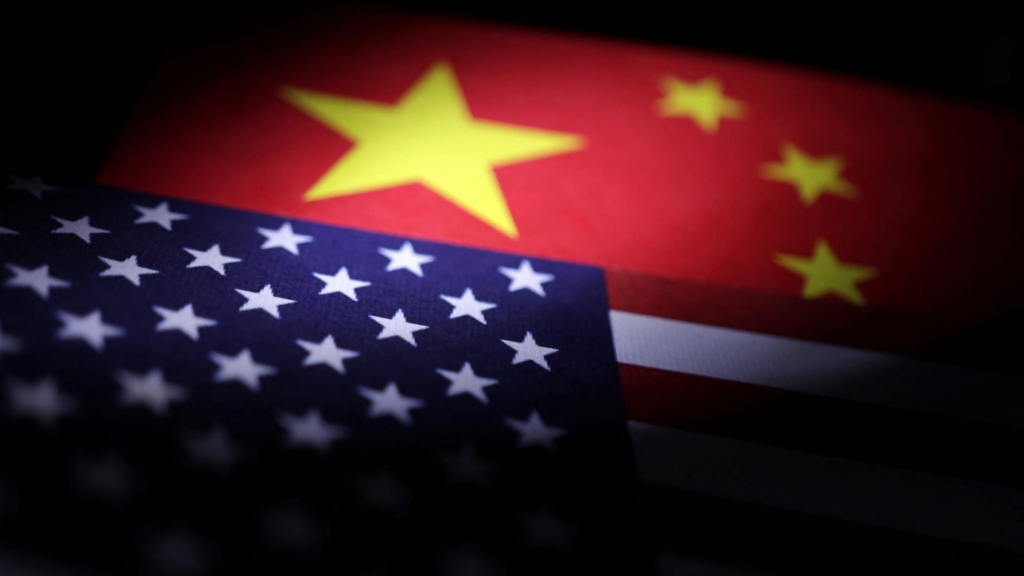BEIJING — On Monday, China issued a stern warning about potential reprisals against nations collaborating with the United States in ways that undermine Beijing’s interests. This escalation comes amid a protracted trade conflict between the two largest economies in the world, a situation that risks drawing in other countries.
The statement from China follows reports indicating that the Trump administration is preparing to leverage tariff negotiations to compel U.S. allies to restrict their economic ties with China. Earlier this month, President Trump deferred significant tariff hikes on other nations for a 90-day period while simultaneously increasing tariffs on Chinese goods to a staggering 145%.
“China firmly opposes any agreements reached at the expense of its interests. If such agreements occur, China will take decisive reciprocal actions,” stated the Chinese Ministry of Commerce, as translated by Finance Newso.
The ministry further cautioned that the reversion of international trade to a “law of the jungle” scenario poses risks for all nations involved.
In its remarks, China also positioned itself as a partner willing to collaborate with all countries to uphold international fairness and justice, while condemning U.S. practices as “abusing tariffs” and engaging in “unilateral bullying.”
This month heralded a notable shift in China’s approach, as the country retaliated against U.S. tariffs with its own levies of 125% on certain American imports. Additionally, Beijing has curtailed exports of vital minerals and placed several smaller U.S. companies on blacklists that restrict their operational capabilities within China.
While analysts are not optimistic about the prospect of a swift agreement between the U.S. and China, President Trump expressed confidence on Thursday that a deal could materialize within the next three to four weeks.
Last week, Chinese President Xi Jinping kicked off 2025 with visits to Vietnam, Malaysia, and Cambodia. During these diplomatic engagements, he emphasized the need for collective resistance against tariffs and denounced “unilateral bullying.”
Since the initiation of U.S. tariffs during Trump’s first term, China has fortified its trade relationships with Southeast Asia, now positioned as its largest regional trading partner, while the U.S. retains the title of China’s largest single-country trading partner.
Notably, China’s Ministry of Commerce recently appointed Li Chenggang as the new chief international trade negotiator, who also took on responsibilities as a vice minister and has previously served as China’s ambassador to the World Trade Organization. China has initiated a legal challenge against the U.S. at the WTO in response to the latest tranche of tariff increases imposed by Trump.


























